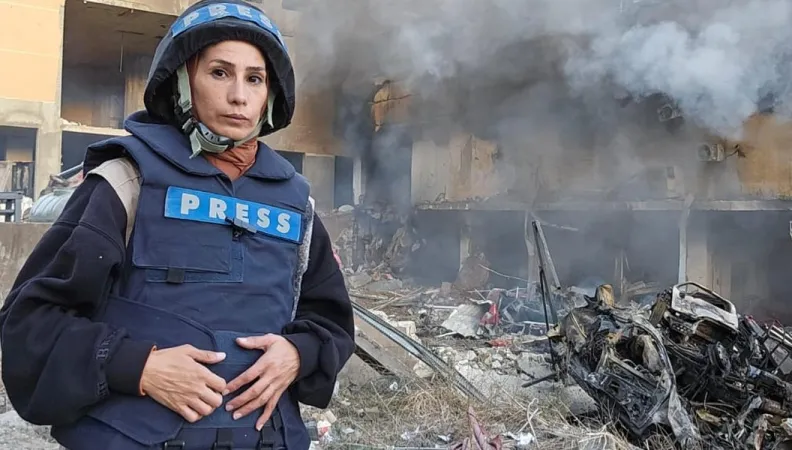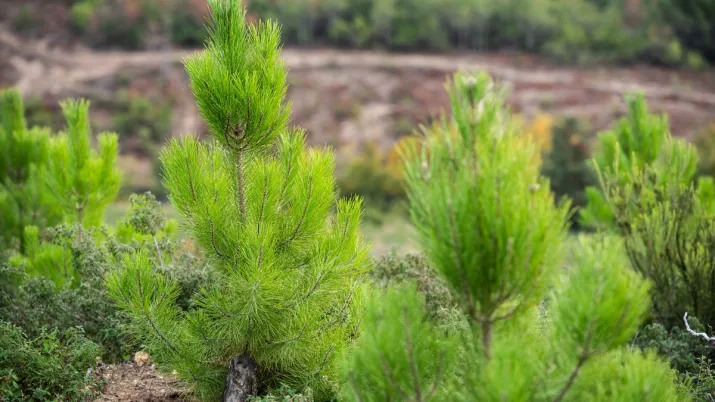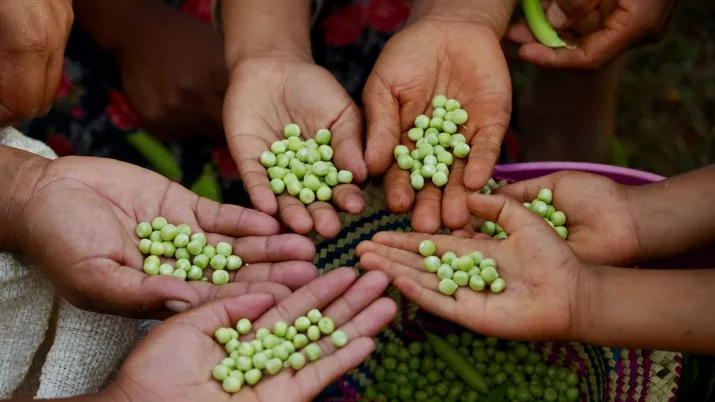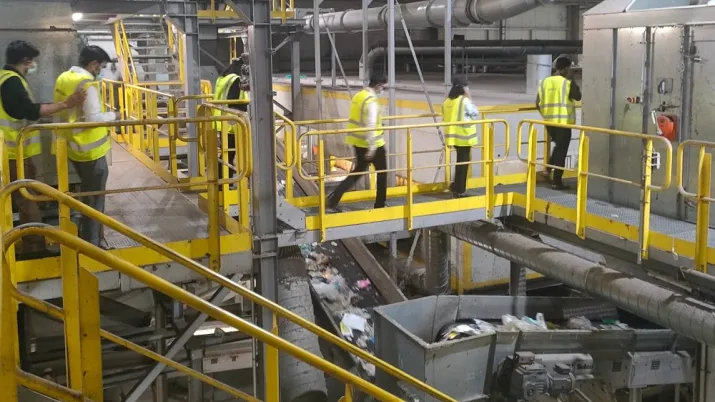Share the page
Supporting the media through several crises in the Middle East
Published on

While the region struggles with various crises, the media remain committed to publishing free, high-quality and constant information even in times of war. AFD has been financing the Qarib project since 2020, an initiative implemented by CFI (Canal France International), which provides media organizations in Lebanon, Palestine, Jordan and Iraq with the resources they need to continue this important work.
Around forty media outlets, mostly up-and-coming online platforms, have signed up to Qarib (meaning “close” in Arabic), primarily through dedicated support for content production. Together, they have published over 4,000 reports as part of this project, generating more than 40 million views. And this figure continues to rise. These media outlets are in a unique position to “increase representation of under-represented and marginalized groups and issues in the local, national and regional discourse,” says Henrik Ahrens, Project Leader at CFI.
Supporting the mental health of journalists in conflict zones
After war broke out in Gaza and then Lebanon, the project provided mental health support to seventeen journalists in four of the countries within its scope: Lebanon, Palestine, Jordan and Iraq. Working under particularly difficult conditions, they have often had to deal with losing colleagues, or even the death of their loved ones, while around 200 Palestinian journalists have been killed since the outbreak of war in Gaza. However, encouraging journalists to access this support presented a challenge. “Despite the growing need for psychological support, journalists were reluctant to take part in this program, due to the taboos that still surround this issue,” explains Henrik Ahrens.
The sessions were run by Dr. Khaled Nasser, a specialist in family communication and trauma therapy, who worked with the journalists in groups. “I organized six sessions in total, with one session a month,” he says. “The aim was to provide journalists with the tools needed to articulate their feelings, and give them advice on managing their mental health.” Stress and anxiety management, identity management, prevention and treatment of burn-out, toxic relationships at work, and dealing with depression and trauma were among the issues covered. Nine journalists asked to attend individual sessions. This counselling program has been extended until 2026, “because there is still a major need for it.”
Facilitating access to reliable and essential information in wartime
With war still raging, and in a polarized society where disinformation is rife, access to reliable information suddenly becomes vital: Is my village being bombed? Where can I get water? Which hospitals are still operating?
Emergency aid was sent to Lebanese media outlets and journalists in conflict zones to help support an independent, responsible press in these difficult circumstances. The online platform Manateq was among the beneficiaries. According to its editor-in-chief, Zoheir Debs, this aid has “been used to significantly increase the number of news reports on the impact of this war in South Lebanon and the Bekaa region, particularly on an economic, humanitarian, social, environmental and agricultural level.”
Consequently, the Qarib project also provided support to the Samir Kassir Foundation to help journalists in vulnerable situations. The foundation has provided accommodation for journalists displaced by the conflict, as well as protective equipment and supplies for those working on the ground who have lost these resources in the targeted areas. This support is even more essential in an environment where many journalists have been forced to flee their homes, and where safety is a major issue if they are to keep working.
Reporting on longstanding global issues
While war upends people’s daily lives and changes priorities, other major challenges remain. The region has also been affected by the climate crisis. For this reason, Suzanne Baaklini, a highly experienced environment and climate journalist for L’Orient-Le Jour, was asked to train thirteen journalists to report on COP29, in Bakou, Azerbaijan, “a complex summit to cover in terms of science, international negotiations and politics.”
Mentoring was provided in three stages. Before COP took place, participants completed five online training sessions on the best way to cover the event, and the topics to be addressed before and during the summit. During COP29, they received one-to-one support, with Suzanne Baaklini meeting each journalist to offer advice, put them in touch with experts, help them choose topics and edit articles before publication. “As a woman, I am very conscious of gender equality issues, so I insisted that the journalists cover this subject,” she adds. “Women are on the front line in the agricultural sector and are among the most vulnerable groups worldwide. That’s why climate policy must take their needs into account.”
After returning from the summit, Suzanne Baaklini also supervised the production of journalistic content, and this mentoring followed two years of supporting journalists at the COP summits. In total, 39 journalists received training to help them better understand climate issues, while over 180 articles, radio programs, podcasts, videos and television programs were produced and published.
Further reading
A living laboratory in Türkiye shines a light on the future of French forests
Published on February 5, 2026
From Delhi to Paris: India on the path to resilient urban waste management
Published on July 25, 2025



